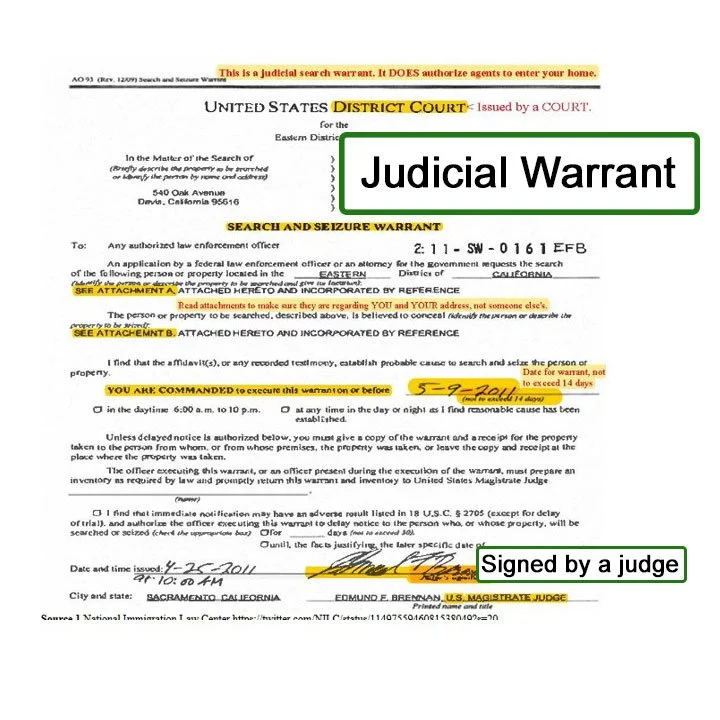Know Your Rights
Abortion is legal in Illinois, and you have the constitutional right to travel to another state where abortions are still being legally provided. Due to increased activity of federal agents, people in targeted communities may want to review and know their rights in interactions with law enforcement. This page is intended to share resources and information around your constitutional rights, and organizations that can support if you have any specific questions or needs.
NOTE: This information is provided for general awareness only and should not be considered legal advice. Those with specific questions about their rights should consult an attorney.
Abortion is legal in Illinois. No matter what state you are traveling from, you have the legal right to get an abortion in Illinois. Abortion care is protected under Illinois law, including for people who live in other states.
Illinois will not cooperate with out-of-state investigations. Illinois has strong “shield laws” that prohibit state and local officials from assisting investigations, lawsuits, or prosecutions related to abortions that are legal in Illinois. This means police, courts, or agencies here cannot share information about your care with other states.
Your immigration or citizenship status does not affect your right to care. Everyone — including undocumented people, permanent residents, visitors, and citizens — has the right to seek abortion in Illinois. Clinics do not require proof of citizenship or immigration status to provide care.
Healthcare providers cannot disclose your abortion to immigration enforcement. Your medical information is private and protected by law. Immigration or law enforcement agencies cannot access your health records without a court order.
Travel within Illinois for abortion care is protected. You cannot be detained or punished simply for traveling into Illinois to seek abortion. Local and state law enforcement have no authority to stop or question you about why you are here.
Financial and logistical help is available. Organizations like the Chicago Abortion Fund can help cover costs of the procedure, travel, lodging, and other needs. You do not need to share immigration status to receive support.
Know your environment. While Illinois protects abortion access, transportation routes (airports, highways, border crossings) may be monitored by law enforcement. If you are undocumented or worried about surveillance, consider creating a Travel Emergency Preparedness Plan and sharing it with a trusted family member, friend, or attorney in case of an emergency, and reach out to trusted organizations for support.
In any interactions with law enforcement (local police, ICE agents, National Guard, or otherwise), you should be aware of constitutional rights which apply to everyone:
Do not talk to law enforcement. You have the right to remain silent and refuse to answer questions if stopped by federal agents or law enforcement — even if there is a warrant. You do not have to share your birthplace, your immigration or citizenship status, or the birthplace or status of anyone else. If stopped on the street, you have the right to ask if you are free to leave.
Do not sign any documents that you don’t understand. You have the right to NOT sign anything you do not understand. Instead, state that you wish to speak with an attorney (see below for legal resources).
You are not required to consent to a search. Please be aware that local police do have the right to pat you down if they reasonably suspect a weapon.
You do not need to let any agent into your home unless they have a warrant signed by a judge. Officers must have a warrant signed by a judge to enter your home. ICE “warrants” are not signed by judges; they are ICE forms signed by ICE officers and they do not grant authority to enter a home without consent of the occupant(s). See examples here.
NEED IMMEDIATE HELP?
-
Immigration Related Arrests and ICE Sightings in Illinois
If you believe you’ve witnessed ICE activity or need support locating someone in ICE custody, call ICIRR’s 24-Hour Family Support Hotline at 1-855-435-7693 to connect to legal services. See more legal resources here.
-
Report Police & National Guard Misconduct
If you need to report misconduct of police or military officers, or access free legal representation and community resources, you can reach out to First Defense Leal Aid’s Hotline at 1-800-529-7374.
-
If you are arrested or in police custody in Chicago/Cook County
You can get free legal representation through the Cook County Public Defender’s Arrest Response Hotline at 884-817-4448. To call on someone’s behalf, share their full name, birthday, and location the arrest took place.
-
Speak to a lawyer about abortion care
To connect with a lawyer with questions about accessing abortion care, reach out to the Repro Legal Helpline by leaving voicemail or by filling out their secure form, and they will reply within 2 business days.
Resource Guides from Illinois Immigration Information
Resource Guides from the American Civil Liberties Union (ACLU)
Additional Resources
See below for additional resources from our partners regarding the law as it concerns abortion access, or interactions with law enforcement – whether ICE agents, local police, or the national guard.
-
Abortion is legal in Illinois. Find out about the laws in your state and nearby states so you can get the care you need at Repro Legal Hotline’s Abortion Laws By State page. To see the laws in Illinois specifically, you can click here – you have the constitutional right to travel to another state where abortions are still being legally provided.
NOTE: There is a specific view for people under the age of 18, if you click the “For Young People” tab on the main overview page, or the “Under Age 18” tab on the state pages. -
Physicians for Reproductive Health (PRH) has created a comprehensive guide to help clinics and providers be prepared if ICE shows up at their workplace.
The guide includes the following printable and shareable resources:Top 5 Ways to Prepare for Ice: This at-a-glance document quickly outlines five steps your health care facility can take NOW to uphold patient and provider rights.
How to Read a Warrant: Understanding the different types of warrants and how to identify a valid judicial warrant may help curb unlawful policing.
SCRIPT: What to Say to ICE: What to say if ICE shows up at your facility.
SCRIPT: What to Say to Patients: A script for health care providers to use when communicating with all patients given the current anti-immigrant climate.
Signs Designating Private Areas: Signs to help restrict access to private areas for those who are providing care and receiving care.
Sample administrative and judicial warrants
Officers must have a judicial warrant signed by a judge to enter your home.



